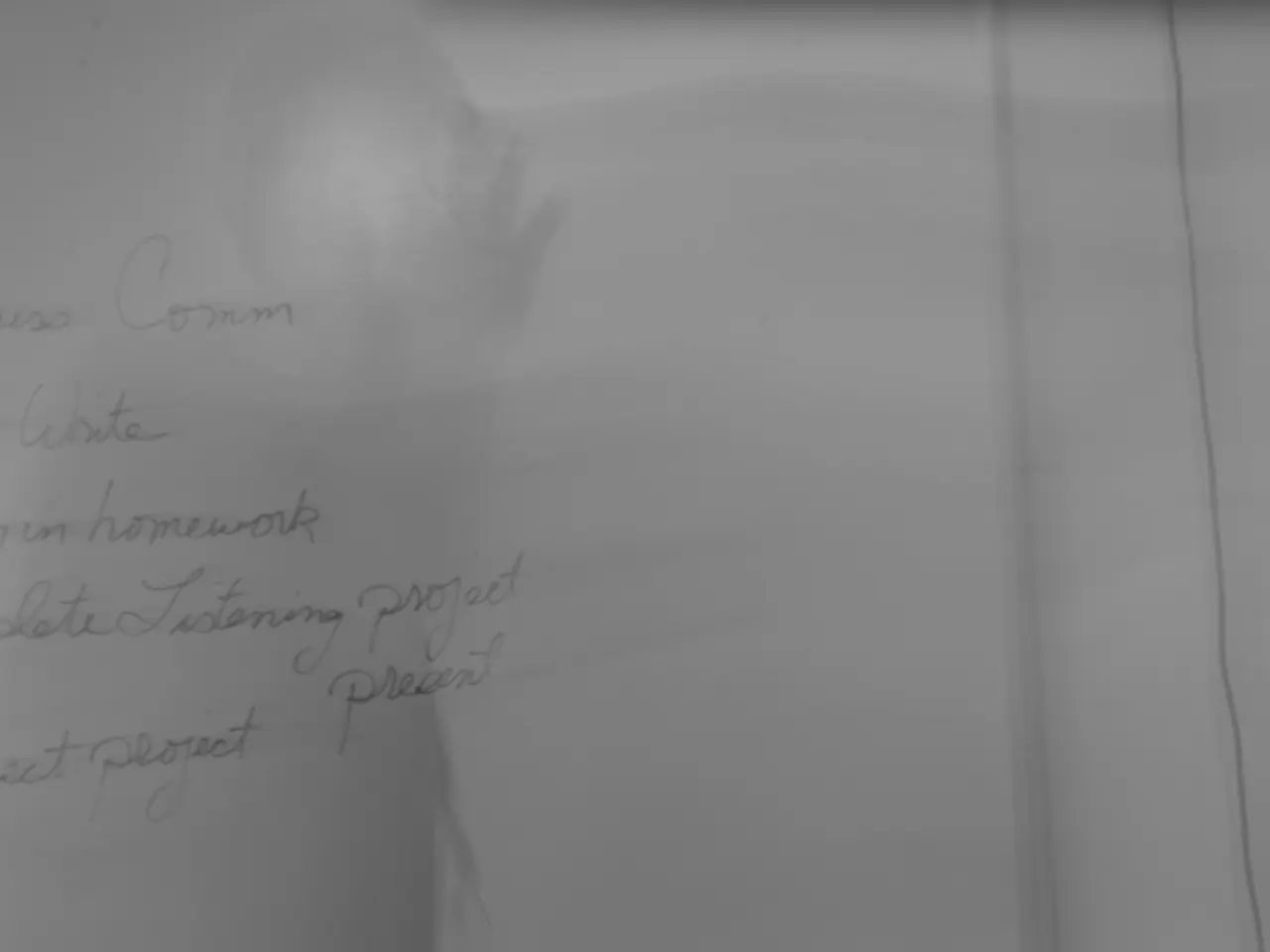EU Agricultural Trade Preferences Fueling Land Grabbing Concerns in Cambodia
In the heart of Southeast Asia, a controversy has been brewing over the past decade in the Cambodian sugar sector. Thai sugar companies and foreign investors, anticipating the complete lifting of trade barriers, began securing large land concessions for sugar cane cultivation. This move, however, has led to a series of allegations of human rights abuses and displacement of local communities.
Around 12,000 people were deprived of their existence overnight due to the land expropriation for sugar cane cultivation. The expulsion of residing families from their farmland was often done forcibly by state security authorities, sometimes brutally, to make way for the sugar companies.
The leases for these land concessions, lasting up to 99 years, were completed without tendering processes or social sustainability reports, as required by law. This has raised concerns about potential human rights violations, with the United Nations Committee on Economic, Social and Cultural Rights (CESCR) issuing a warning about such violations as early as 2010.
Sugar companies such as Mitr Phol and KSL have acquired more than 80,000 hectares of valuable farmland in Cambodia since 2009. The first shipment of sugar produced on the expropriated fields was exported to the EU in June 2010, with the European Union becoming the primary market for Cambodian sugar exports.
Recent investigations by independent bodies such as the Earthworm Foundation have confirmed numerous community grievances and ongoing severe human rights violations at Socfin plantations, including those in Cambodia. Hundreds of displaced Cambodian families have reached financial settlements with Mitr Phol following long-term legal action.
Despite these allegations and requests from various NGOs and the European Parliament, there is no publicly available evidence from recent reports that the European Union (EU) has conducted an official investigation into human rights abuses related to the Everything but Arms (EBA) trade initiative specifically in the Cambodian sugar sector.
The European Parliament and NGOs have expressed concerns and made requests for accountability concerning human rights in sectors benefiting from EU trade preferences, but as of mid-2025, there is no confirmation of any formal EU investigation tied directly to the Cambodian sugar sector under EBA.
As the spotlight continues to shine on the Cambodian sugar sector, it remains to be seen whether the EU will take further action to investigate and address these allegations of human rights abuses. Further monitoring of EU actions and official statements will be necessary to track any future investigations or enforcement measures.
[1] Earthworm Foundation. (2023). Two-year independent investigation: Socfin plantations. Retrieved from https://www.earthworm.org/resources/two-year-independent-investigation-socfin-plantations
[2] International Labor Rights Forum. (2024). Mitr Phol and human rights abuses in Cambodia. Retrieved from https://www.laborrights.org/resources/mitr-phol-and-human-rights-abuses-cambodia
- In the realm of environmental science, studies have started to scrutinize the impact of climate-change on the sugar industry, suggesting potential risks due to changing weather patterns.
- As the global industry shifts direction towards renewable-energy, some small-businesses in Cambodia are witnessing opportunities to invest in solar power projects, diversifying the economy and reducing reliance on sugar exports.
- The financial sector has taken notice of the ongoing controversy in the Cambodian sugar sector, with fund managers soon requiring policy-and-legislation ensuring social responsibility in their investment decisions.
- The general news has covered stories about renowned businesses like Mitr Phol and KSL, now under the microscope for human rights abuses and environmental damage in their sugar cane cultivation processes.
- Politics have played a significant role in the situation, as policymakers debate the need for stricter regulations in climate-change mitigation, energy management, and the protection of small farmers' rights.
- In an unexpected twist, real-estate developers, once partnering with sugar companies for agro-industrial projects, have been called to reconsider their strategies to ensure sustainability and respect for human rights.
- Amidst the ongoing discussions and heated debates in the field of crime-and-justice, questions surround the accountability of accessory parties who enabled human rights violations and associated lawbreakings during the Cambodian sugar sector controversy.




